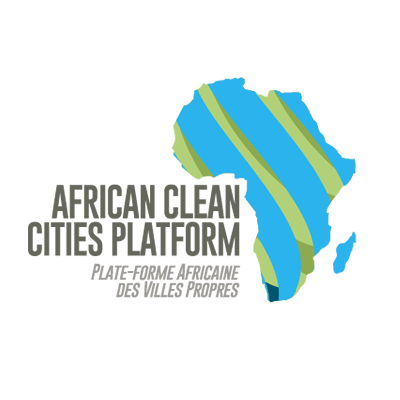25 February to 6 March 2025
ACCP Onsite Training and Mutual Learning Programme in Kenya: Practical Skills and Shared Solutions for Sustainable Waste Management
From 25 February to 6 March 2025, the ACCP Onsite Training and Mutual Learning Programme was held in Kenya, bringing together 20 delegates from 10 ACCP member countries. The two-week programme focused on practical capacity development and peer learning to promote sustainable solid waste management.
The first week, organised in collaboration with Kiambu County Government in Kenya, centred on improved landfill management using the Fukuoka Method, a semi-aerobic approach. Led by experts from the SWAN (Solid Waste Advisers Network) Fukuoka team, participants received both theoretical instruction and hands-on training, including gas venting pipe installation, leachate quality monitoring, and landfill access road improvement.
In the second week, the focus shifted to sustainable financing of municipal solid waste management (MSWM). Participants exchanged case studies from their respective cities, and JICA provided insights into key strategies for strengthening financing mechanisms and improving MSWM systems overall. Group sessions enabled participants to analyse existing gaps and formulate actionable plans for implementation. The programme concluded with a site visit to a local initiative that utilises black soldier fly larvae to process organic waste and promote sustainable sanitation through circular economy practices. Participants highly valued the programme, describing it as directly applicable to daily operations, with many planning to brief city leadership and incorporate the lessons learnt.
The first week, organised in collaboration with Kiambu County Government in Kenya, centred on improved landfill management using the Fukuoka Method, a semi-aerobic approach. Led by experts from the SWAN (Solid Waste Advisers Network) Fukuoka team, participants received both theoretical instruction and hands-on training, including gas venting pipe installation, leachate quality monitoring, and landfill access road improvement.
In the second week, the focus shifted to sustainable financing of municipal solid waste management (MSWM). Participants exchanged case studies from their respective cities, and JICA provided insights into key strategies for strengthening financing mechanisms and improving MSWM systems overall. Group sessions enabled participants to analyse existing gaps and formulate actionable plans for implementation. The programme concluded with a site visit to a local initiative that utilises black soldier fly larvae to process organic waste and promote sustainable sanitation through circular economy practices. Participants highly valued the programme, describing it as directly applicable to daily operations, with many planning to brief city leadership and incorporate the lessons learnt.
